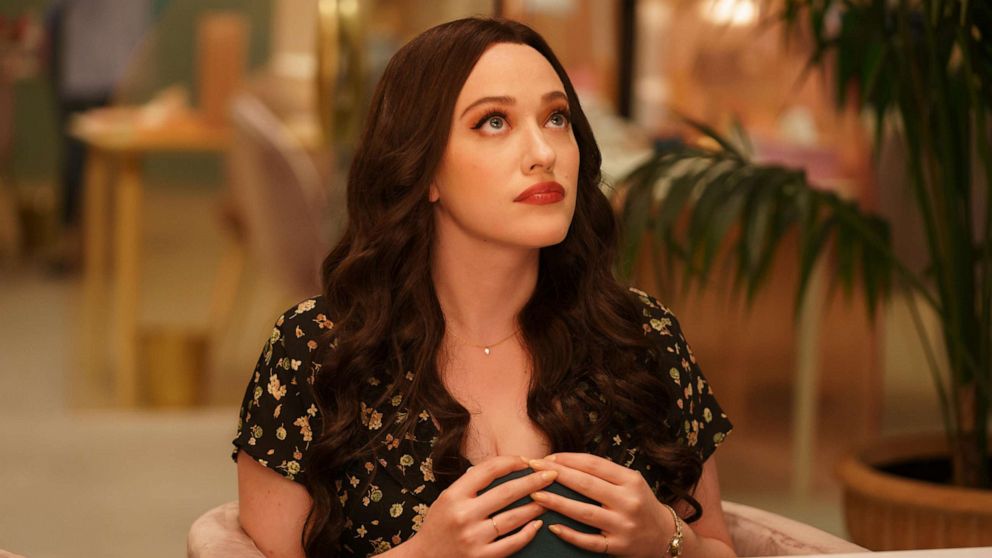
TV Review: ‘Dollface’ With Kat Dennings

“Dollface” seems designed to be Instagrammed. The series, about a pack of Angeleno women reaffirming their connection after one (“2 Broke Girls” star Kat Dennings) took years away from friendships to hang out with her now-ex-boyfriend, has the aesthetics of influencer culture and the ethos of a trend piece about the popularity of “squads.” The whole project has a lot of embroidery — up to and including the spirit guide of sorts who leads Dennings’s Jules towards self-awareness, a cute cat who dispenses half-formed jokes in the voice of Beth Grant — but very little in the way of real insight.

What does it mean to find oneself in the wake of a breakup? For Jules — whose ex referred to her as Dollface, a nickname she now hates — it means going from being subsumed by her relationship to being subsumed by various signifiers for being young, hip, and wealthy enough. We learn, over ten episodes, far less about who Jules is than what she likes to eat and how she likes to spend her time and money; we see her fantasies, too, but they tend towards fairly banal parodies of other established things or those surrealist-but-not-alienatingly-so cat fancies. Back in the real world, the series less uses Los Angeles as a character than uses it in place of character, with an elaborate yoga-class set piece led by a moonlighting celebrity guest star (one that Hulu has asked critics not to spoil but whose broad lampoon of self-help culture betrays a loving familiarity with it) the apex of the show’s hopscotch tour through town. Shows making us of their — and of this — milieu are nothing new, but at some point the story needs to pause the crush of signifiers, a bit, in order to become a story.

Viewed most generously, the show’s form follows its story: Jules might be seen as running from herself, and the show similarly tries to escape any scene that says something about her and her friend group. Shay Mitchell, Brenda Song, and Esther Povitsky play her core group, able performers saddled with material that feels unmotivated and diffident; they oscillate between supporting and pushing Jules, but don’t feel real enough to act as anything more than plot drivers. Even Jules’s work at a startup — a chance for a show seemingly interested in cultural commentary about this precise moment — feels hazy, with her parody of a hard-driving #girlboss (Malin Akerman, who’s been allowed to be much better elsewhere) too strange to say anything comprehensible about the workplace in 2019 but too dull to work as outsized comedy. That sums up “Dollface” as a whole, too — its fantasies aren’t fanciful enough to compel us, and its reality seems perpetually elided. In that way, perhaps it’s a show for its moment. But in all, its vision of friendship and its aesthetic of goofy quirk feels that worst thing for a would-be viral hit: Late.
